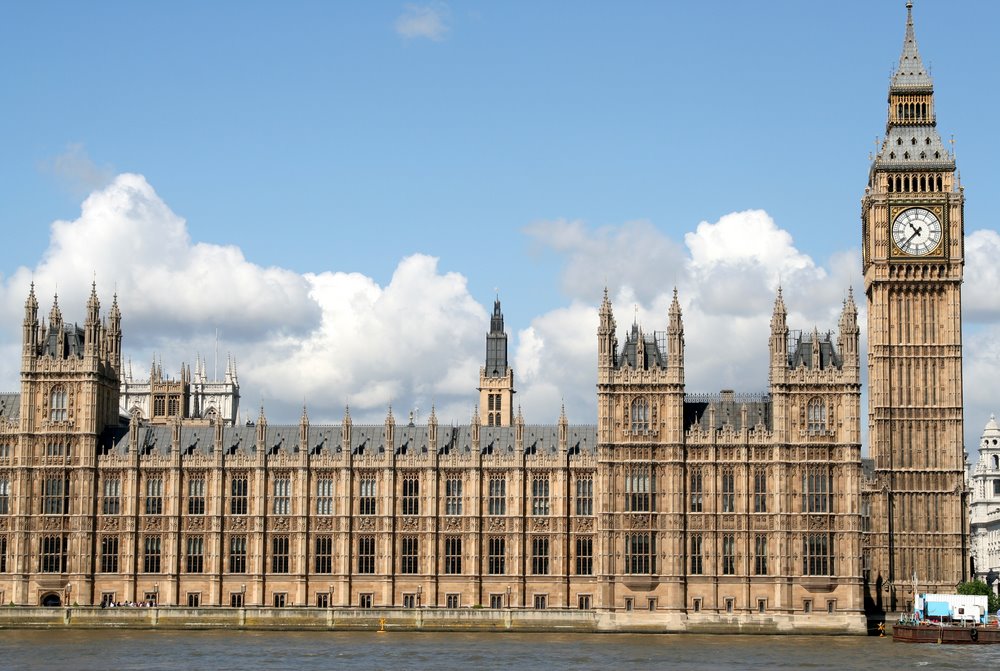The Chancellor’s Budget 2018 announcements included some tinkering with the business rates system, designed to attract headlines rather than to grapple with the underlying problems of the business rates system.
The measure that has attracted most of the headlines is the announcement of a one-third discount on business rates for retail properties with a rateable value below £51,000 for two years from 1 April 2019. The definition of “retail properties” that will benefit from this discount appears likely to be generously framed, in the same way as previous retail rates reliefs, to include restaurants, cafes and pubs. We have not yet seen the legislation that will give effect to this, so we do not know whether the discount will be calculated before or after transitional adjustments.
The discount will be very welcome to smaller retailers, but many of the recent casualties of the high street have been larger chains and these groups will see much less benefit. Firstly, the discount will apply only to properties with a rateable value below £51,000, and secondly the total amount of relief that can be claimed will be subject to “state aid” limits. The effect of this is to limit the maximum amount of benefit from the measure to any one undertaking (an “undertaking” being defined as a company or group of companies if they share a common ownership) to the sterling equivalent of 200,000 euros over a rolling three-year period. This will limit the maximum benefit for any business to about £175,000 over the period of the discount, always assuming that the business concerned has not received any other government grants, subsidies or tax reliefs over the last three years.
The Chancellor also announced 100% business rates relief for all public lavatories from 1 April 2019 and a continuation for the 2019-20 rate year of the £1,500 per annum rates discount for offices occupied by local newspapers.
Businesses with occupying a property with a rateable value below £12,000 are exempt from business rates if they occupy only one property, and in some limited cases where they also occupy a small second property. One effect of this exemption has been to encourage second home owners to promote their second home as self-catering or holiday let accommodation and thereby move it out of the Council Tax regime and into business rates, but at a level at which it is exempt from any liability. The Chancellor has announced that “the government will consult on the criteria under which self-catering and holiday lets become chargeable to business rates rather than council tax”.
This particular announcement recognises one of the adverse effects of recent years of government tinkering with the business rates system; which is that the system is now so complex and beset by so many exemptions and reliefs that ratepayers find it difficult to understand, and sometimes perverse outcomes occur. Yet, despite that, the Government continues to try to tinker with the system with two new rates relief, and the extension to another existing relief, announced in this budget alone.
It is not only the complexity of the system that continues to depress us. Property taxes in the UK are higher than in any other OECD country, at a time when the economy is moving away from real property and towards a digital model. But there is still no sign of the Government undertaking the fundamental review needed to make the business rates system fit for a digital economy.

